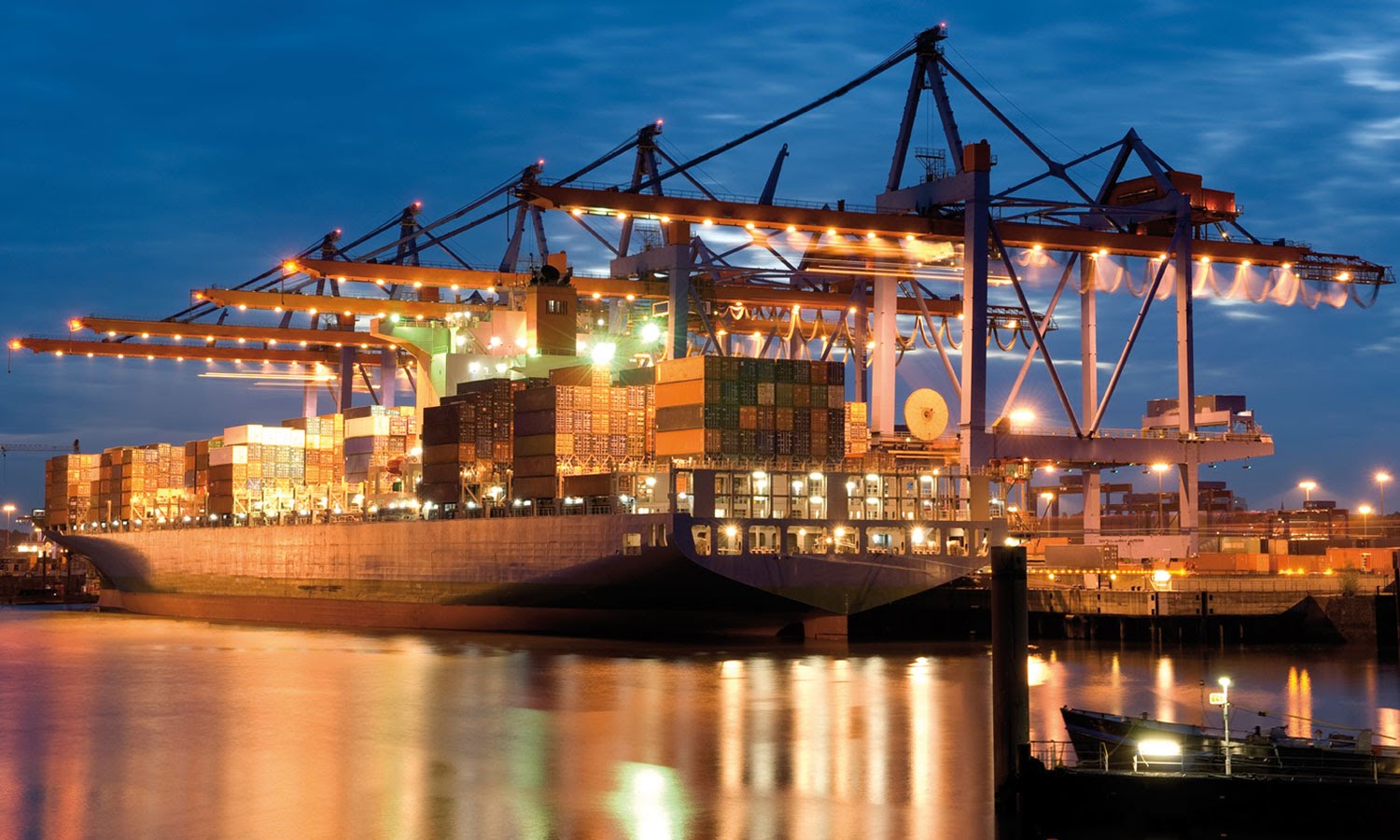- FG Grants 50 Years Concession Period for Ibom Deep Seaport Investors
In a bid to attract investors to the Ibom Deep SeaPort (IDSP), the federal government has approved a 50-year concession period for would be investors.
This is as stakeholders have declared the project is the most viable in the West and Central African region.
The Ministry of Transportation and the Infrastructure Concession Regulatory Commission (ICRC) confirmed the long concession period at the Ibom Deep Sea Port stakeholders visioning workshop held in Abuja.
Also, ICRC affirmed that only three deep seaports in Nigeria have been captured in the nation’s port development master plan.
The three deep sea ports are: Ibom Deep Seaport in Akwa Ibom State, Badagry Deep Sea port and Lekki Deep Seaport, both in Lagos State.
Speaking at the meeting, Director-General of ICRC, Mr. Aminu Diko, charged the promoters and managers of the IDSP to make bare areas of comparative advantages and threats to the proposed seaport in comparison with other government approved deep seaports in the country.
According to him, “We have approved three deep sea ports. We approved Ibom Deep Seaport 18 months ago, and in the process the promoters of Badagry Deep Sea Port came and submitted proposal and got approval. In June this year, we got an application for Bakasi Deep Sea Port and I make it clear that we are most likely to approve any port without seeing its viability.”
On his part, the representative of the Ministry of Transport and Director of procurement at the ministry, Mr. Shehu Aliyu, said that IDSP had become exigent at this time in history of the nation to help curb the incidence of port and road congestion in Lagos.
Reiterating that the federal government had only approved three deep seaports in line with the port master plan, he added that the government had been on IDSP for five years, with the project’s Outline Business Case (OBC) approved by the Federal Executive Council (FEC).
The Chairperson, Technical Committee for the Realisation of Ibom Deep Seaport, Mrs. Mfon Usoro stated that even when all the approved deep seaports become operational, IDSP would still have sufficient cargo and sound throughput to remain viable.
The port , she said, is strategically located in the West and Central Africa region, despite the existing ports and emerging ones adding that, “It will serve the cargo needs of the following countries; JDZ Sao Tome, Equatorial Guinea, Cameroon, Angola, Gabon, Republic of Congo DRC, Chad, and Niger.”
Usoro also asserted that the IDSP being built on government equity and shareholding model under Special Purpose Vehicle (SPV), Port Development Management Company (PDMC) will service the South-South, South-East and North-East geographical regions of Nigeria with well-planned rail and road network.
“Equity participation in the project was conceived as: Akwa-Ibom state, 20 percent; private sector, 60 percent, while 20 percent stake is floating for interested private investors or other state governments with the region to grab. The IDSP, which is situated on 2,565 hectares of land and has a container capacity of 9 million TEUs, is an integral part of the proposed large Ibom industrial city, which collectively is located on a 14, 000 hectare of land. The industrial city will provide immediate cargo need to the IDSP, which comes in two phases, with incentives for investors, “Usoro said.
According to the Project’s Transaction Adviser, Global Maritime And Port Services Pte Ltd (GMAP) of Singapore, led by its Vice President, SuBoon Hui Frederick, IDSP has two way access channels and is designed for container vessel of 100, 000 Deadweight (DWT) and 15 meters draught as well as 48m Beam.
“With construction billed to commence in 2018 and completion time given as between 2020 and 2021, concessionaries are at liberty to sub-concession a facility at the port and repatriate their funds at will as special investment incentives granted by the Nigerian Investment Promotion Council (NIPC) and Nigerian Export Promotion Zone Authority (NEPZA), “he said.


 Naira4 weeks ago
Naira4 weeks ago
 Naira4 weeks ago
Naira4 weeks ago
 Travel3 weeks ago
Travel3 weeks ago
 Jobs4 weeks ago
Jobs4 weeks ago
 Naira3 weeks ago
Naira3 weeks ago
 Naira3 weeks ago
Naira3 weeks ago
 Investment4 weeks ago
Investment4 weeks ago
 Travel4 weeks ago
Travel4 weeks ago



























